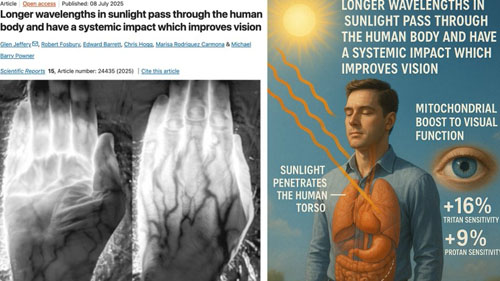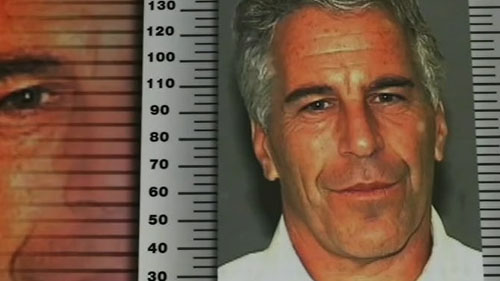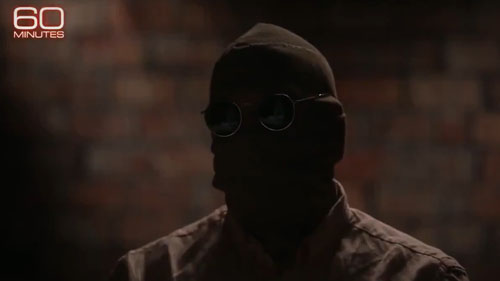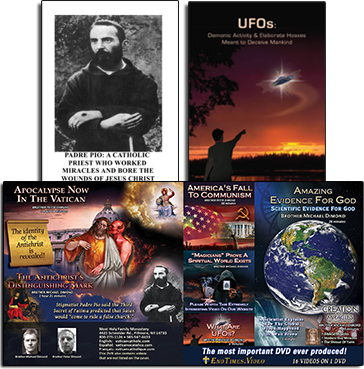Spirituality
St. Irenaeus (born A.D. 130), on meeting St. Polycarp (born A.D. 69) who knew the Apostles: “I remember the events of those days more clearly than those which happened recently, for what we learn as children grows up with the soul and is united to it, so that I can speak even of the place in which the blessed Polycarp sat and disputed… the discourses which he made to people, how he reported his discussions with John and with the others who had seen the Lord, how he remembered their words, and what were the things concerning the Lord which he had heard from them, and about their miracles, and about their teaching, and how Polycarp had received them from the eyewitnesses of the word of life, and reported all things in agreement with the Scriptures. I listened eagerly even then to these things through the mercy of God which was given me.” (quoted in Eusebius, Ecclesiastical History)
Doctrine
St. Irenaeus, Against Heresies, Book 3, Chap. 3, A.D. 180: “Since, however, it would be very tedious in such a volume as this, to reckon up the successions of all the Churches, we do put to confusion all those who… assemble in unauthorized meetings; [we do this, I say] by indicating that tradition derived from the apostles, of the very great, the very ancient, and universally known Church founded and organized at Rome by the two most glorious apostles, Peter and Paul; as also [by pointing] out the faith preached to men, which comes down to our time by means of the successions of the bishops. For it is a matter of necessity that every Church should agree with this Church [i.e. of Rome], on account of its preeminent authority, that is, the faithful everywhere...”










 " />
" /> " />
" /> " />
" /> " />
" /> " />
" />





